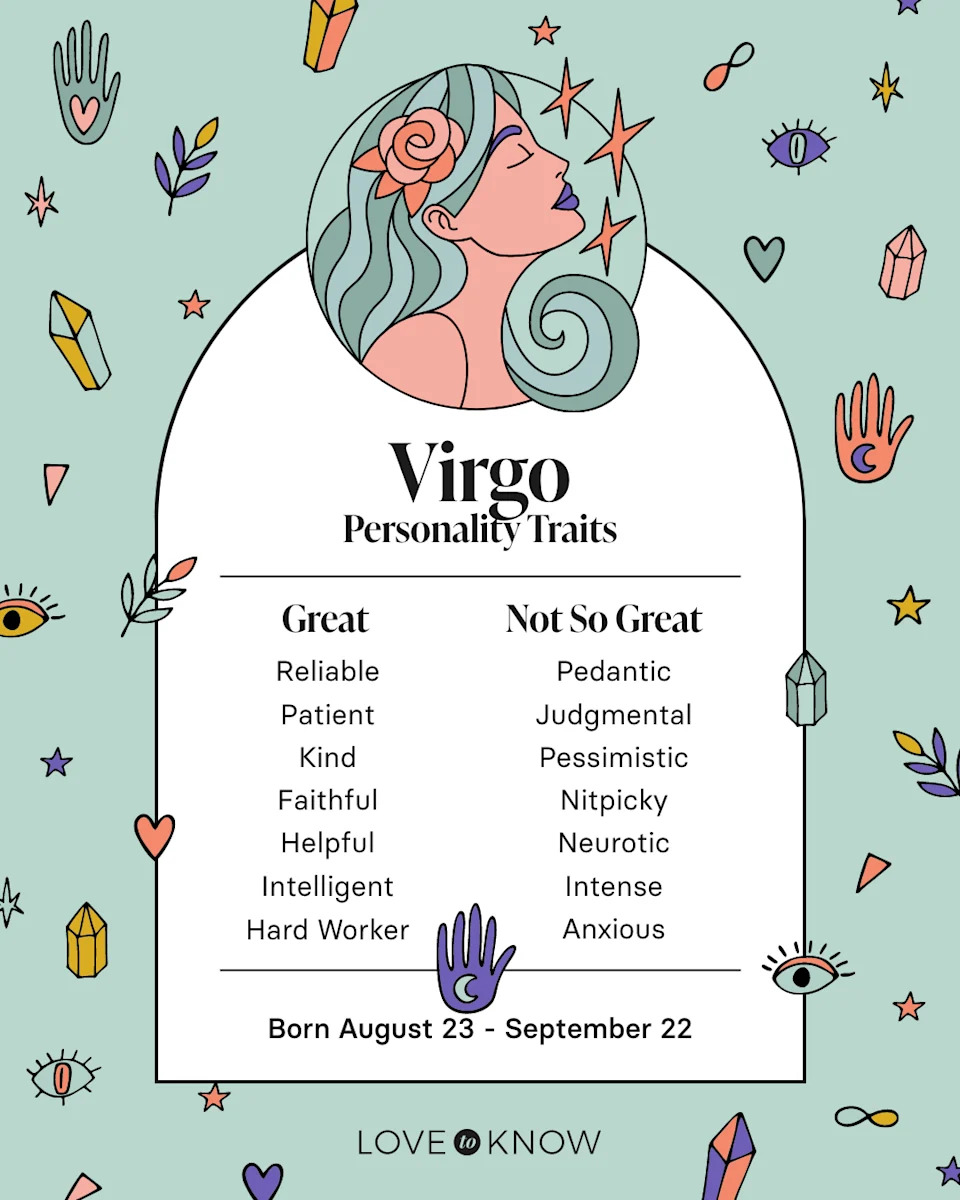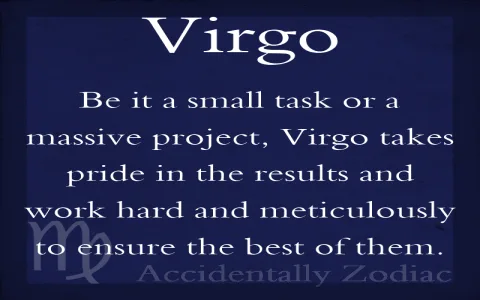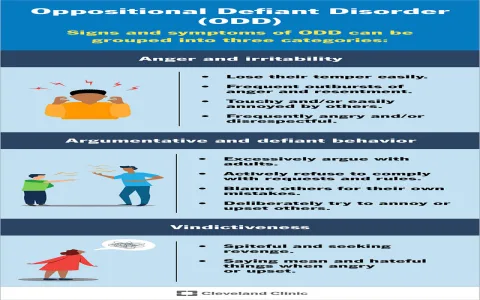The Disaster That Forced Me To Learn About Virgos
You wouldn’t believe the mess I got into that made me dive headfirst into understanding the Virgo mindset. I’m talking about a full-on operational emergency. My usual approach to dealing with people—the easy-going, “let’s figure it out later” style—blew up in my face, big time. It all started when I was put on a high-stakes project with this guy, let’s call him Alex.
Alex was the human equivalent of a red pen circling every single thing I missed. Not just the big stuff, but the misplaced commas, the slightly off margin spacing, the fact that I used “ensure” when I should have used “assure.” Every morning, I’d open my inbox and find a list of three dozen points, each one detailing how I had fundamentally messed up the concept of organization. It wasn’t just feedback; it was an interrogation. I started dreading Tuesdays because that’s when the main drafts were due, and I knew the subsequent email was going to be a total headache.
I tried my standard retaliation moves. I ignored the minor stuff. I got defensive. I even snapped once, yelling, “It’s good enough, man, we’re on a deadline!” That, predictably, made things worse. Alex didn’t yell back. He just got colder, more precise, and the subsequent critique email was longer and more detailed than ever before. My stress levels were through the roof, and the project was stalling because we were fighting over semantics instead of moving forward.

The Research Phase: Identifying the Problem
It finally dawned on me that this wasn’t about the project; it was about personality clash. My buddy Pete, who deals with sales, pulled me aside and just said, “Dude, what’s his sign? Bet you ten bucks he’s a Virgo.” I scoffed, because honestly, I always thought astrology was mostly crap, but I was desperate. I checked the dates. September 10th. Textbook.
That day, I ditched the glossy magazine articles talking about ‘earth signs’ and ‘perfectionism’ and went straight to the raw, messy forums and Reddit threads. I didn’t want the romantic fluff; I wanted the operational manual. I needed to know what makes them tick, specifically when they are in critical mode. I spent three days just consuming information, trying to isolate the repeatable traits that I could actually use.
What I gathered boiled down to a few practical observations:
- They aren’t criticizing you; they are criticizing the system.
- Their need for order is driven by genuine anxiety about chaos.
- They value utility and service above almost everything else.
- The relentless criticism often comes from a place of wanting to help fix the imperfection, not just point it out.
This realization was the turning point. I had to stop taking the critiques personally and start treating them as data points required for system maintenance.
Applying the New Protocols: Field Testing
I decided to flip my approach entirely. My practice log started focusing solely on anticipation and structure. The first thing I did was preemptively address the organizational stuff I knew Alex hated. I didn’t wait for him to ask.
Before sending him the next draft, I spent an extra two hours just cleaning up the file structure, labeling everything clearly, and even bolding the areas that were still pending review. My email to him didn’t apologize for my potential errors; it focused entirely on the structure I had implemented for his benefit.
Instead of sending:
“Here’s the draft. Let me know what you think.”
I sent:
“Here is V3. I have organized the feedback points in Section 2 into a bulleted list, as you prefer. Please focus your review specifically on the budget numbers in Section 4. If those are clean, we can move this thing forward.”
The response I got back was shocking. It wasn’t hostile. It was quick, structured, and shorter than any previous email. He only had four minor changes, and they were all relevant to the budget—exactly where I asked him to look. I immediately executed the changes and sent back a simple, “Done. Thanks for the rapid turnaround.” No emotional commentary, just efficiency.
The Unexpected Outcome and Long-Term Realization
This practice worked. It wasn’t instant friendship, but the constant friction vaporized. I realized that my own lack of structure was triggering his Virgo trait, making him feel compelled to step in and fix the impending doom he foresaw. Once I stepped up my game on the details, he relaxed and became one of the most reliable and thorough people I’d ever worked with.
I started applying this logic in other areas. Dating someone new who seemed overly focused on planning? Instead of resisting their calendar-obsessed nature, I started confirming details early and offering practical ways to help organize the next outing. Befriending someone who kept nitpicking my dinner party setup? I pivoted from offense to collaboration, asking, “Hey, what’s the most logical way to set up the bar?” They immediately jumped into service mode, solved the problem, and felt appreciated instead of annoyed.
The takeaway from this whole messy experience? Dealing with a Virgo isn’t about navigating their criticism; it’s about providing the framework that makes their world feel safe. If you give them organization, they give you stability. It’s an exchange. And I only learned that because I was forced to dismantle my old methods when my job security felt threatened by a stack of perfectly organized emails listing my failures. Turns out, understanding their traits isn’t just helpful; it’s practically required survival training.







